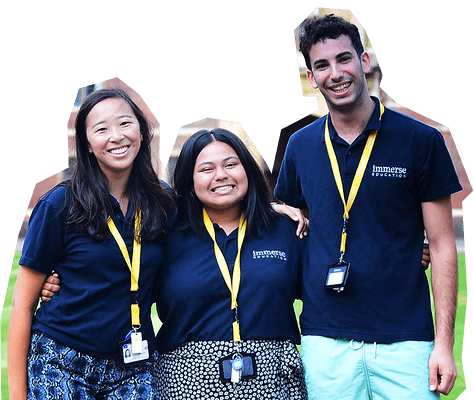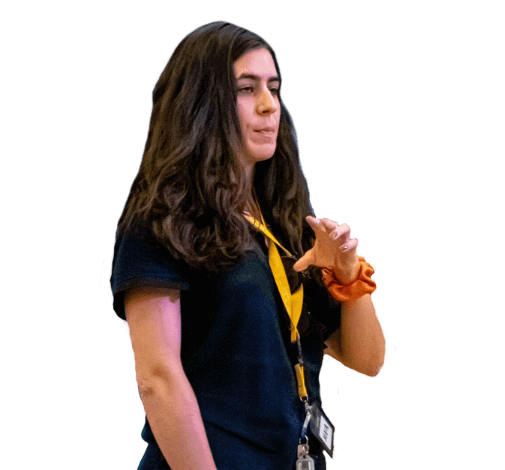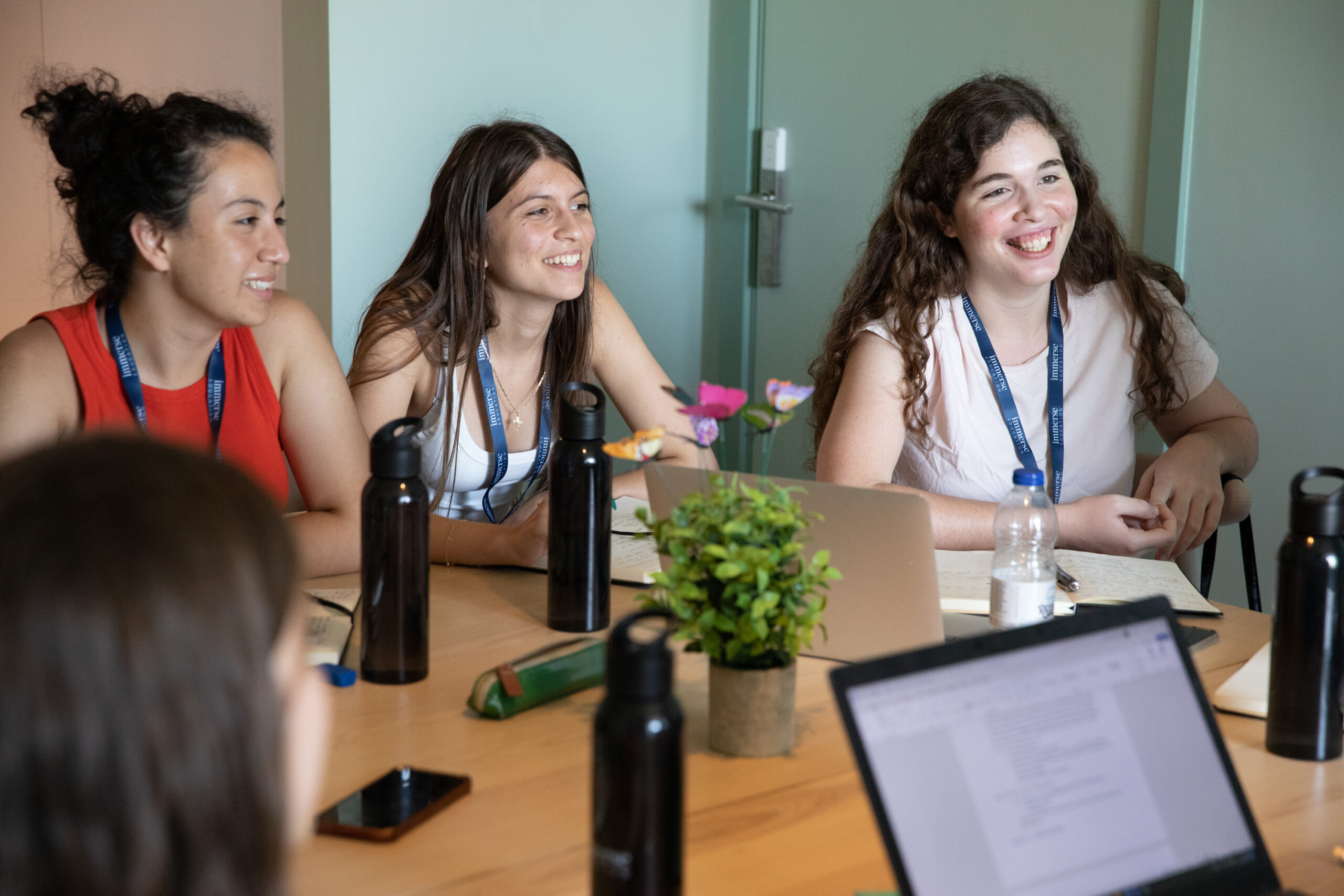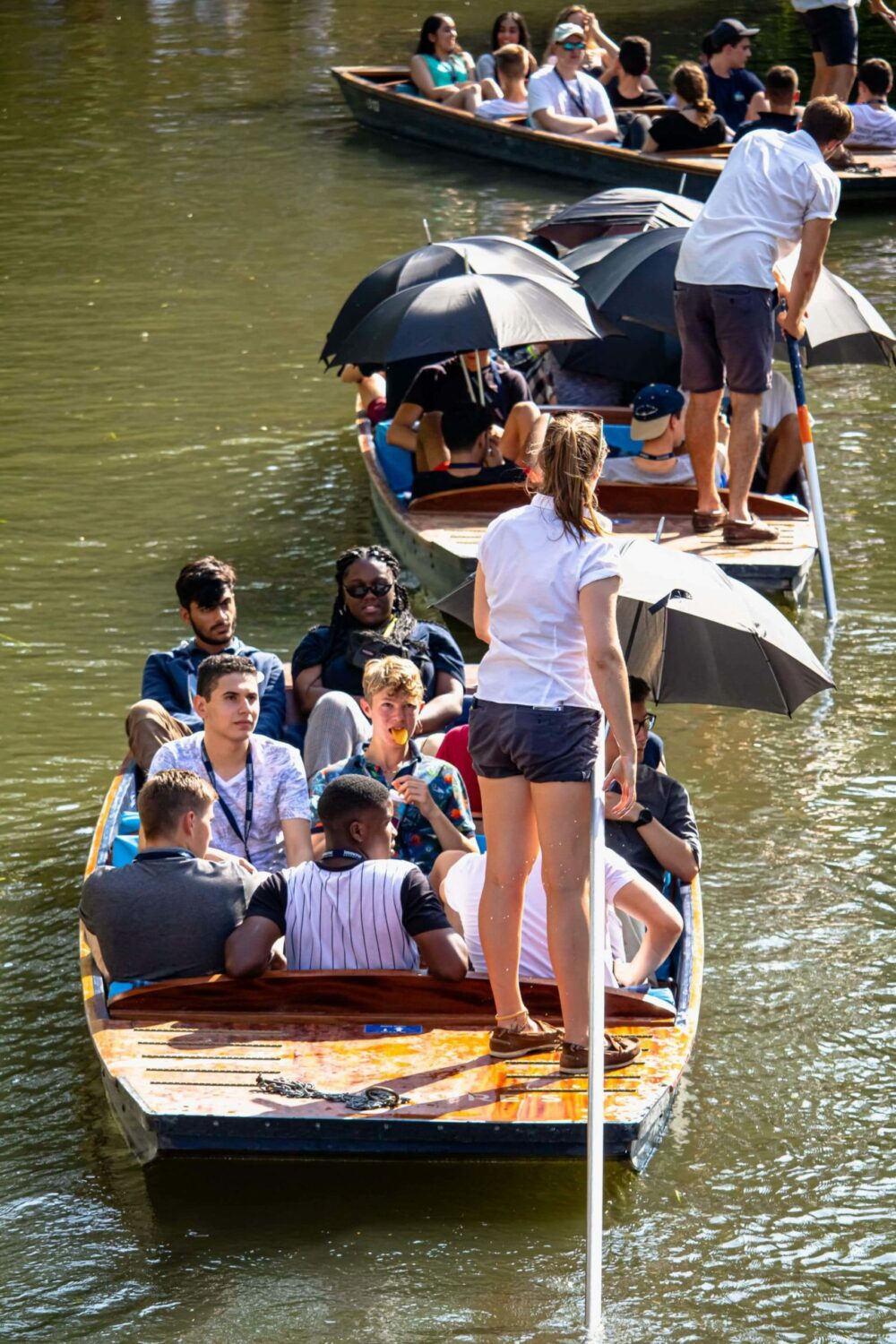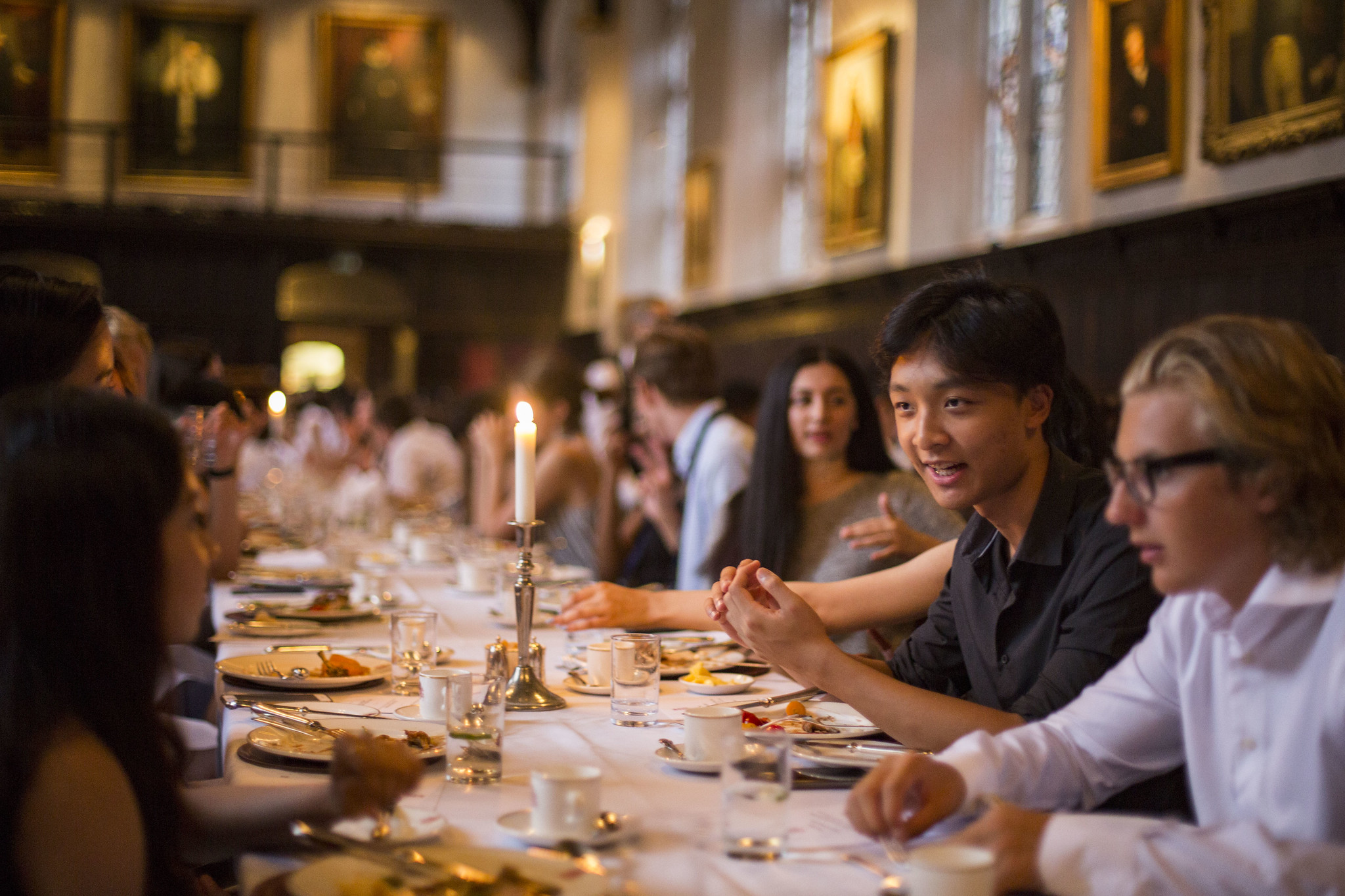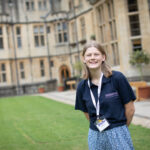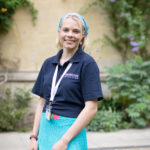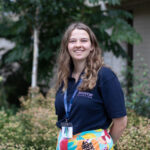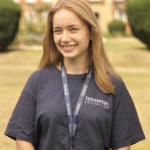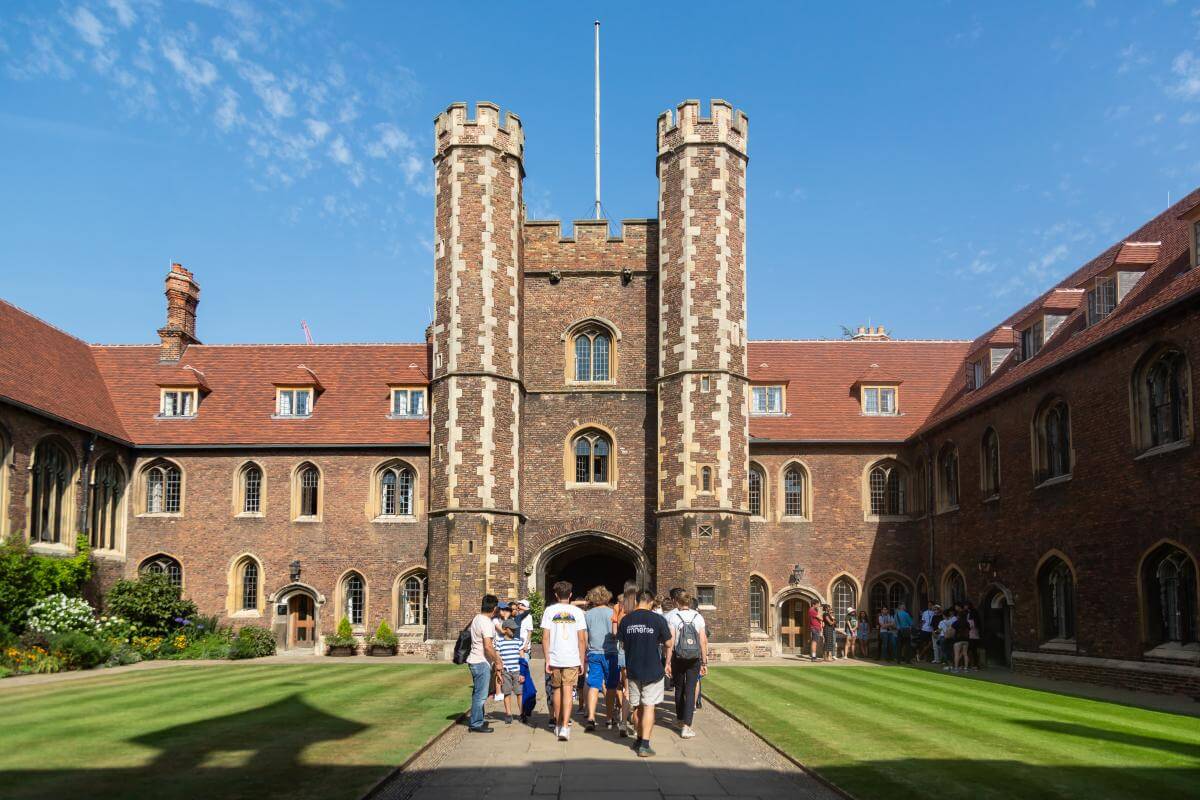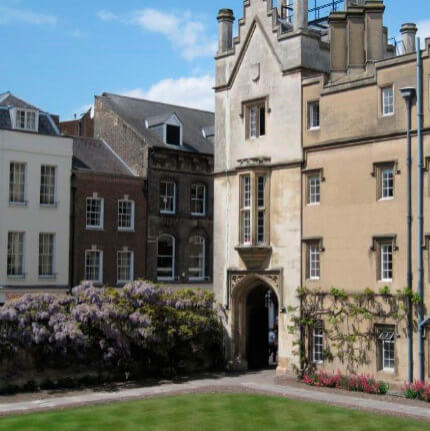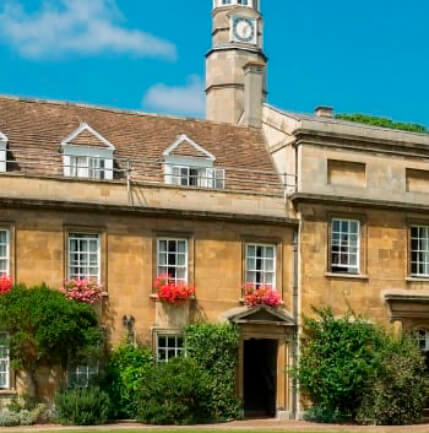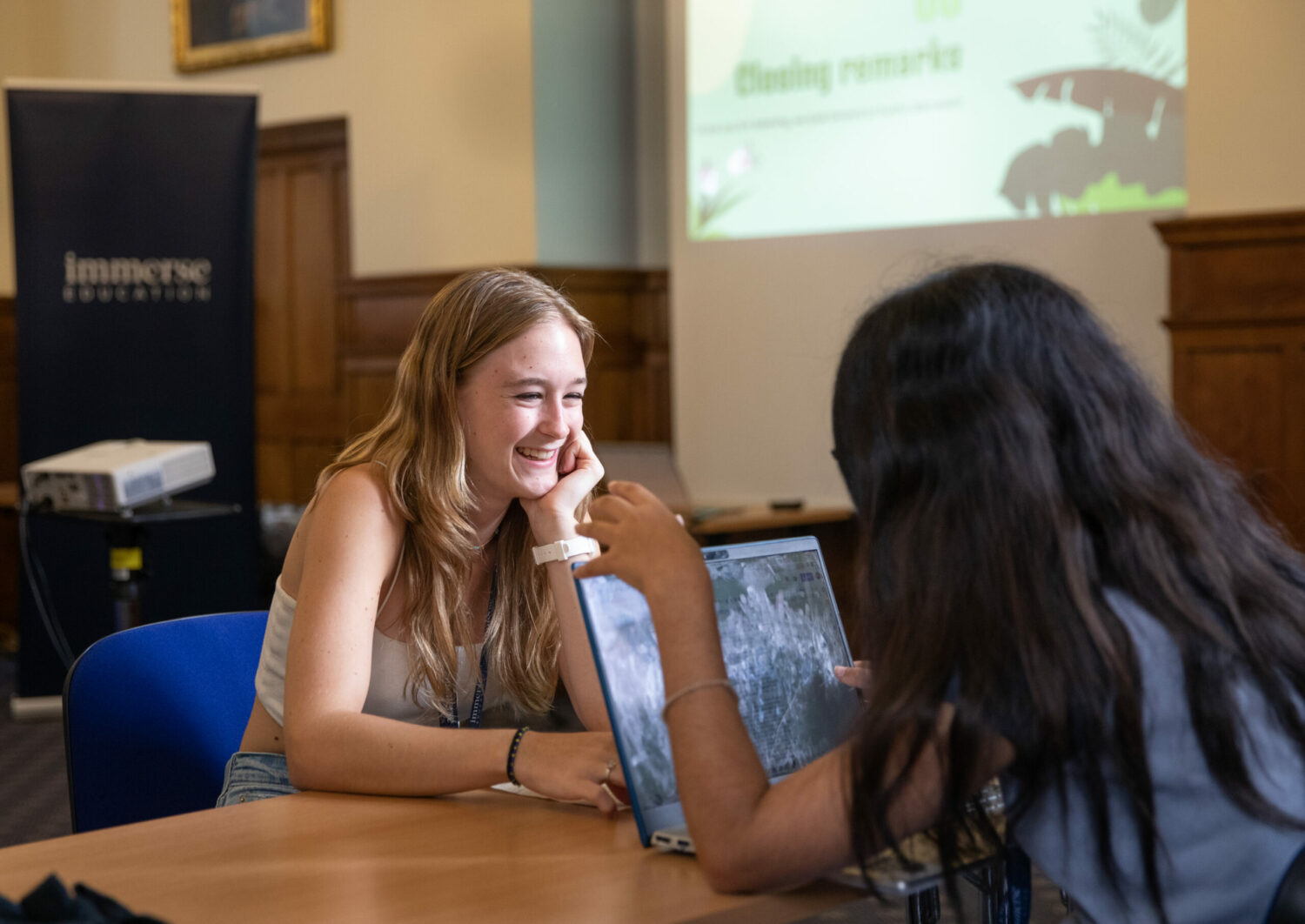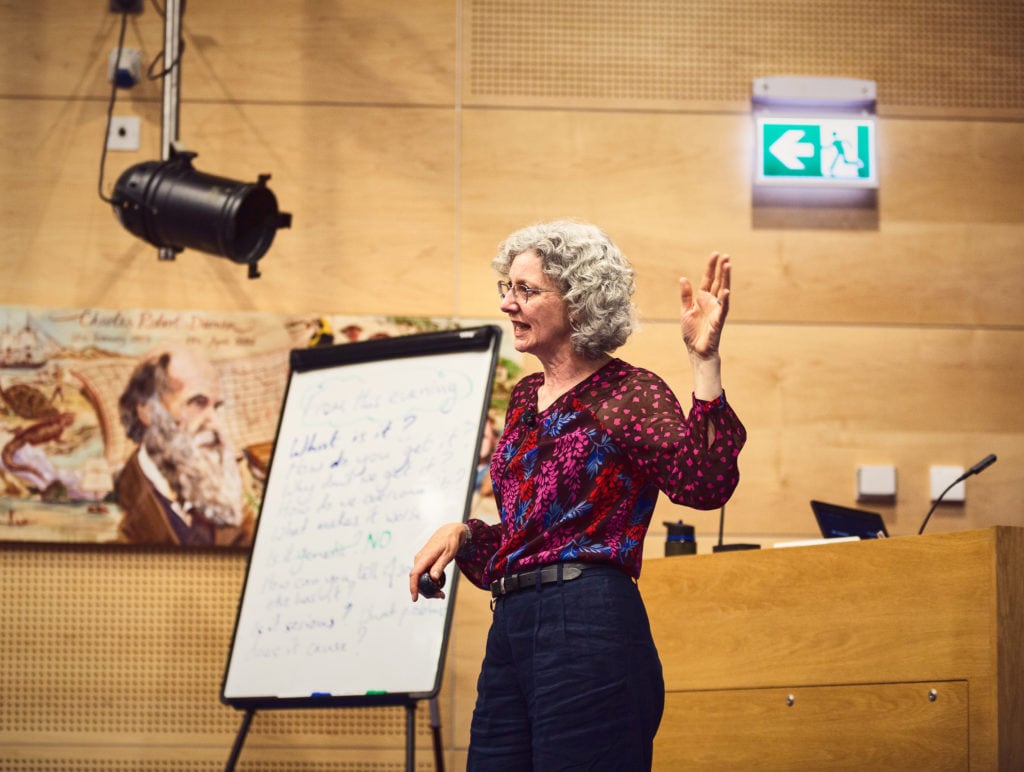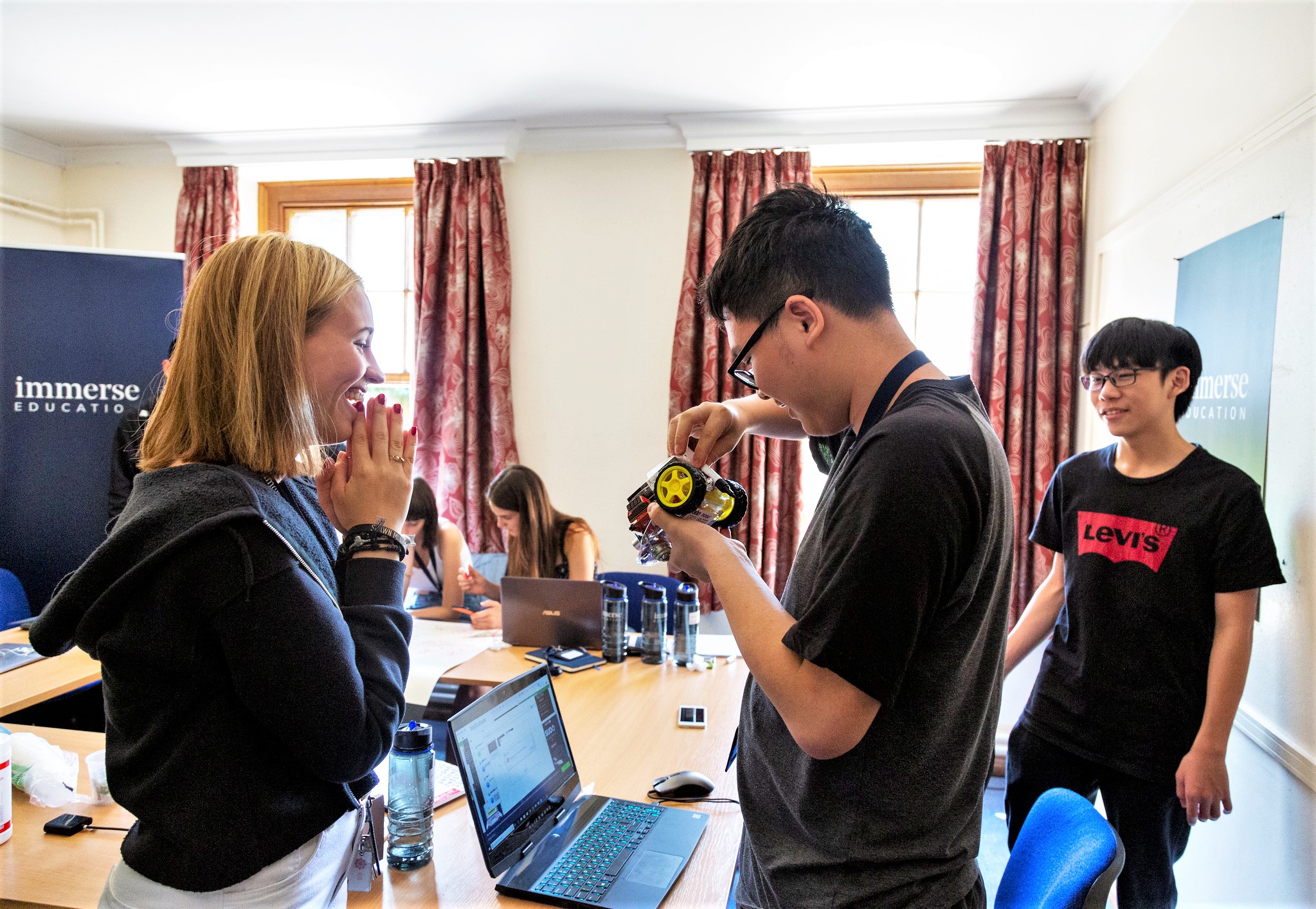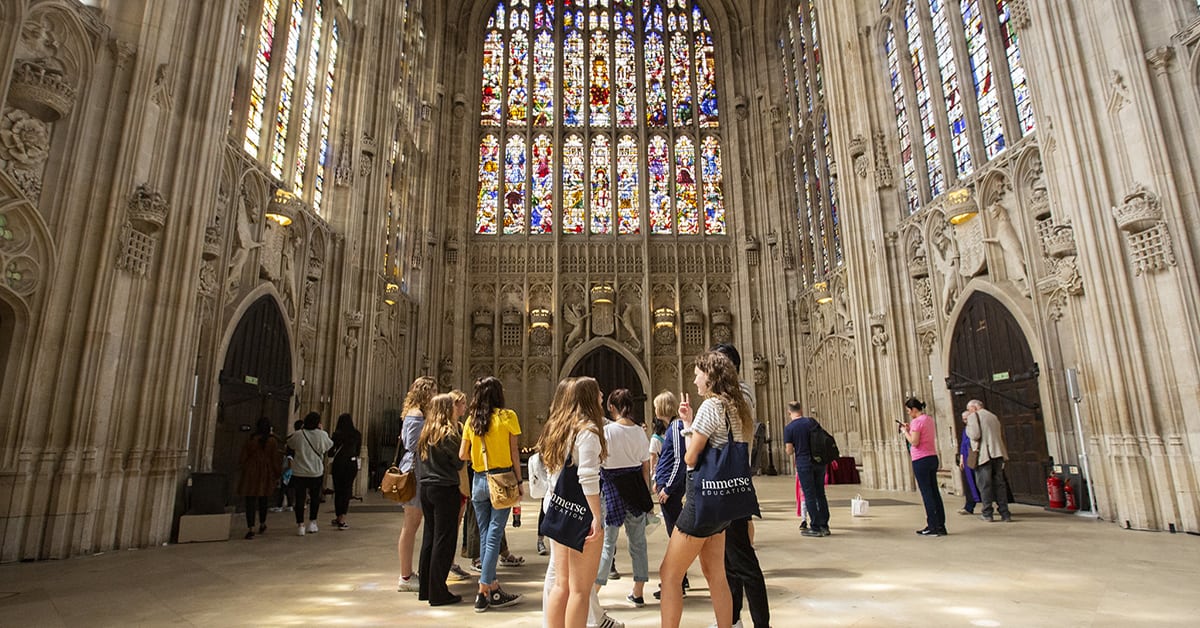Medicine
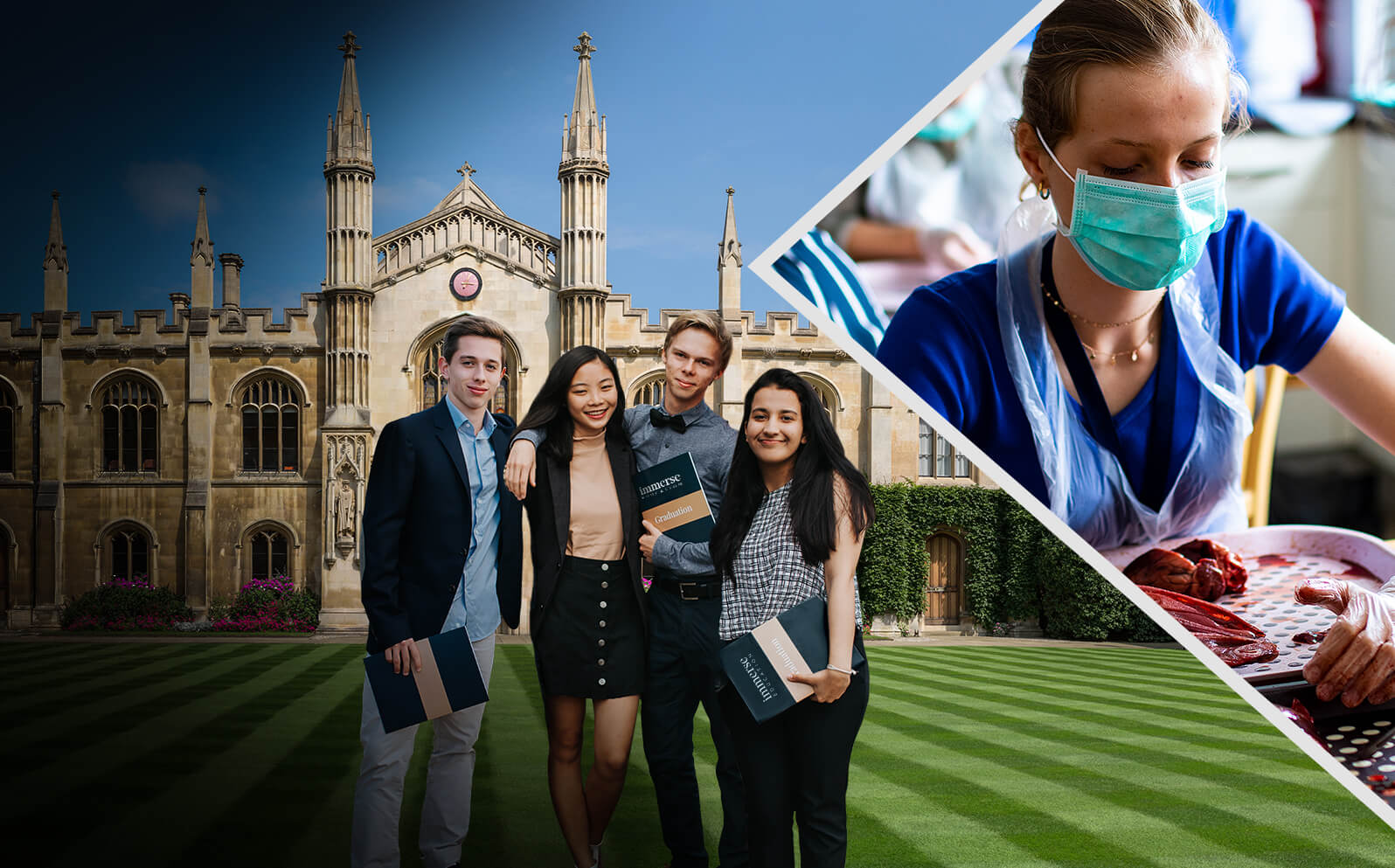
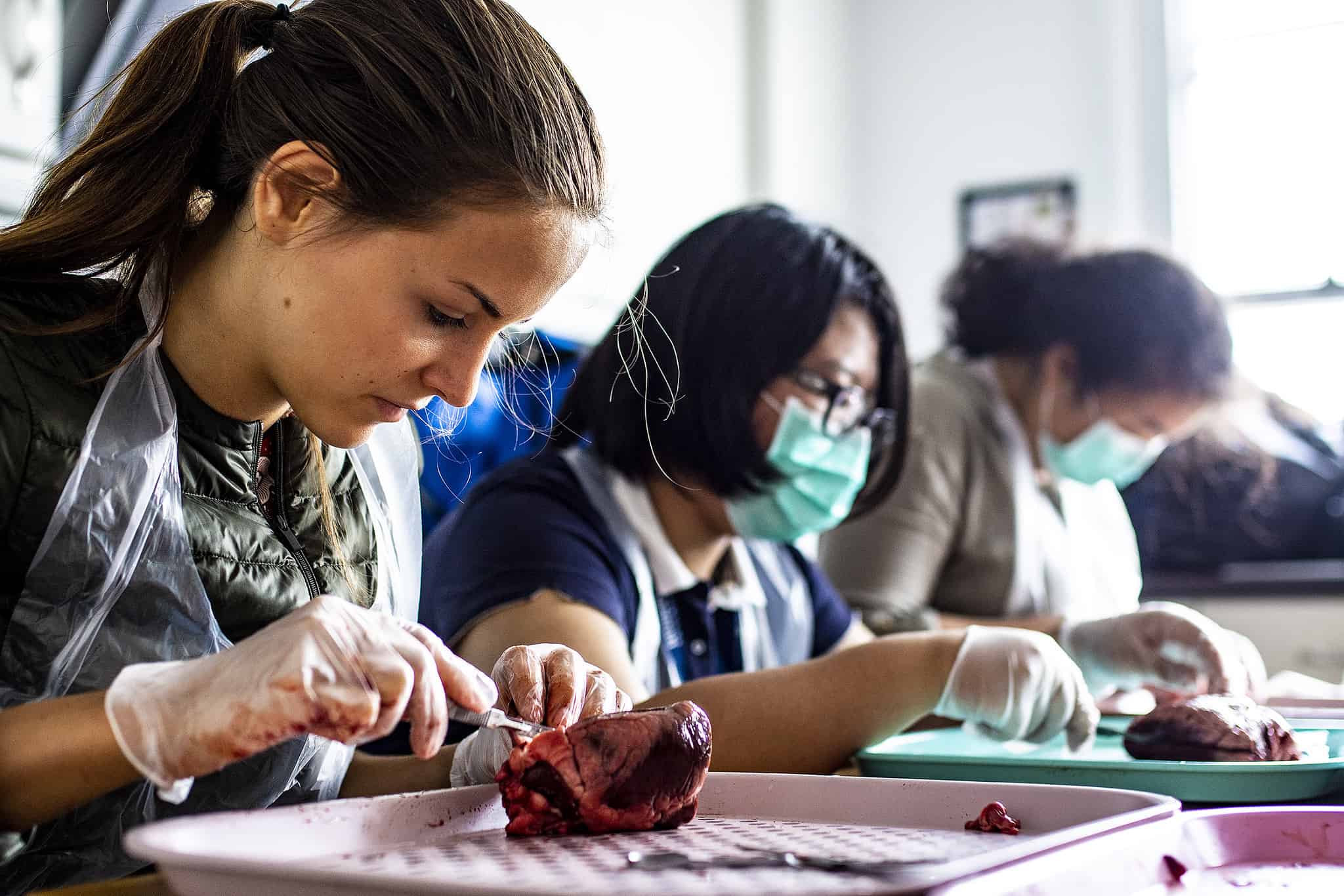
Exceptional introductory course in Medicine in Cambridge colleges
The Medicine summer school programme for high school students aged 13-15-year-olds are expertly designed to blend practical knowledge and theory. The curriculum focuses not only on teaching key theories within medicine but on developing the key skills you will require in medical studies and professions – including being a doctor and a researcher.
The medical school programme is fun as well as challenging – a series of dissections will show you how internal systems function and interact, allowing you to apply the theory that you’ve learnt.
You will complete the medical school programme having expanded your knowledge and skills in anatomy, biology, and more!
Learn directly from expert academics from world-class universities
You will explore novel concepts and share ideas in small groups of like-minded and ambitious peers from around the world. In small class sizes averaging 7 students, you will be guided by expert tutors who have honed their expertise through teaching undergraduate students at world-class universities, including the universities of Cambridge, Oxford, and Harvard.
Our rigorous vetting process guarantees that all participants are taught by engaging and supportive educators who are, most of all, enthusiastic about sharing their expertise to ensure our summer school teaching is of the highest quality. Immerse™ is an unrivalled academic experience.
-
Average class size of 7
Maximum class size of 10 students -
1:1 tutorials
Supportive, challenging and engaging -
Academic workshops
Develop a practical understanding of your subject -
World-class tutors
Academics from Oxford and Cambridge
Boost your confidence and develop key attributes in academic skills workshops
Our workshops are geared towards unlocking participants’ potential, giving them the tools to prepare for the next steps of their education and future goals. Build upon existing study skills to support future university-level learning.
These workshops explore a diverse and enriching range of topics – past examples have ranged from ‘Productivity tips’ to ’21st Century Technology Skills’. We’re sure that you’ll learn something completely new. Unlike traditional schools, Immerse allows you to learn beyond the traditional curriculum.
This programme is designed for students with at least an upper-intermediate level of English (B2). If you are unsure if you meet this requirement, please contact advisor@immerse.education.
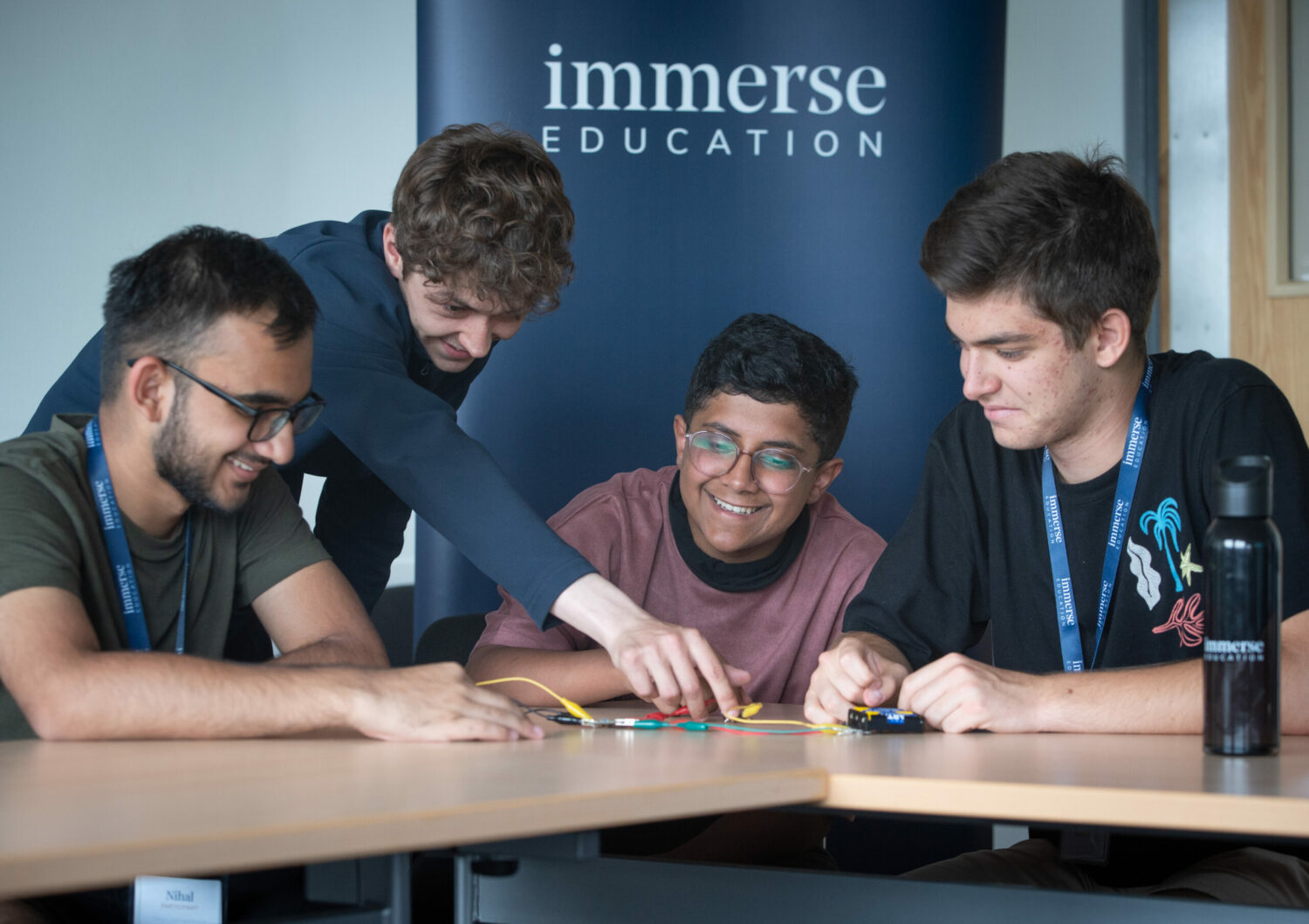
-
Certificate & detailed participant evaluation
All participants receive an individual report from their tutor -
Personal project or Creative portfolio
Develop a personal project or a creative portfolio to present at the end of the course -
Experience Oxbridge life
Live and learn like an Oxbridge undergraduate -
Enhance key academic skills
Interview skills, academic writing and presentation
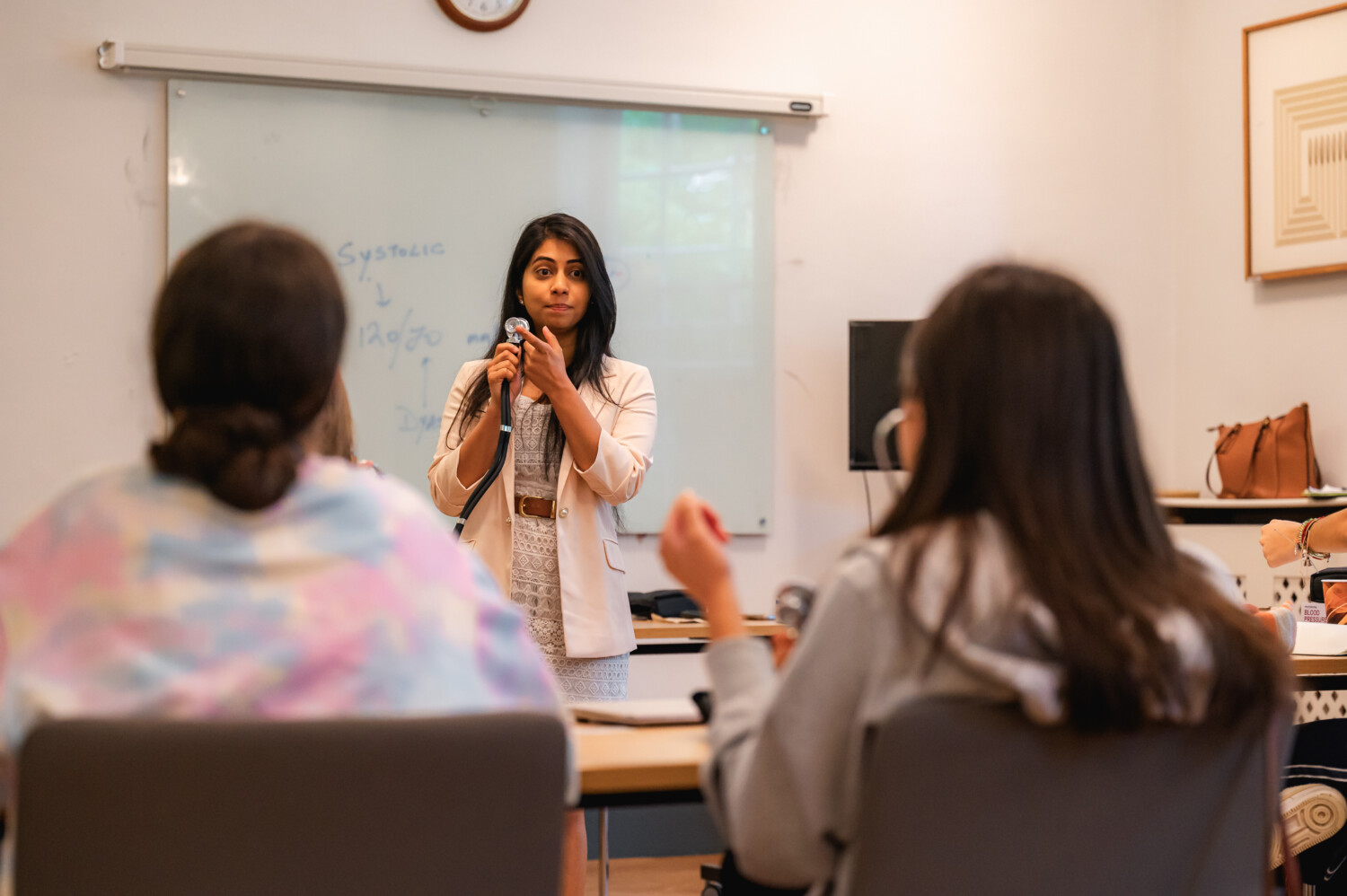
Example tutor:
Dr. Aakashi B
Guest speakers from previous summers
Dr Lynda Shaw
Abi Oyepitan
Dr Nigel Warburton
The Career Insights programme has been really, for lack of a better word, ‘immersive’ into what the experience of living in London for university would really be like – having that chance to connect with different people and comparing our own experiences, discussing what we’ve learned and meshing all our knowledge to come up with big collective ideas to share with the group in class.
The programme has given me a lot of clarity on what a career or even university education in medicine really looks like. Having the opportunity to talk to med students and people who are working with PhDs, while looking at all sorts of different career opportunities in medicine, has been really beneficial.
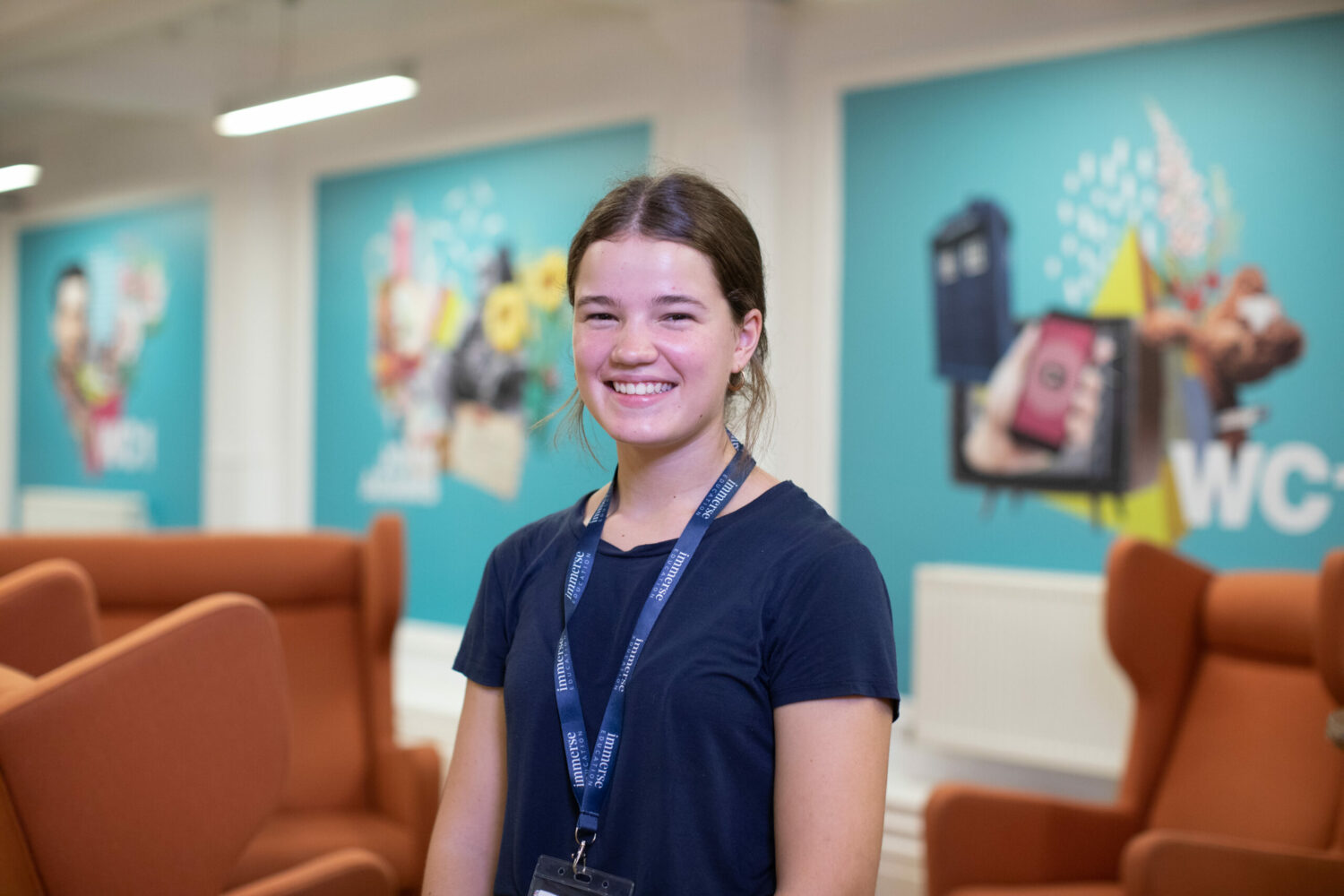
Work hard, play hard.
Action-packed social programme
Outside of lessons, we are proud to offer a busy and diverse social programme to help you get the most out of your time in Cambridge. This includes activities such as punting on the River Cam, zorb football and a murder mystery night in the college.
There are also two excursions during the programme, one day trip to visit Oxford and its constituent colleges, as well as an optional day out in London, seeing the city’s most famous landmarks as well as some free time for shopping. Those who choose not to travel to London are invited to afternoon tea in Cambridge.
Activities and excursions are run by our team of friendly mentors – whose main job is to maximise your enjoyment.
Work hard, play hard.
A unique social programme.
Experience traditional 'Formal Hall'
Formal Hall is a traditional weekly meal that takes place in every college. This is an opportunity for students to dress up, dine by candlelight in the magical surroundings of a Cambridge college’s dining hall.
As an Immerse student, you will experience formal dinner three times during your stay – once per week in Cambridge, as well as in an Oxford University college on the excursion day.
Formal hall is truly a memorable occasion, so remember to bring some smart clothes!
A unique social programme.
Live and study in a
Cambridge University College
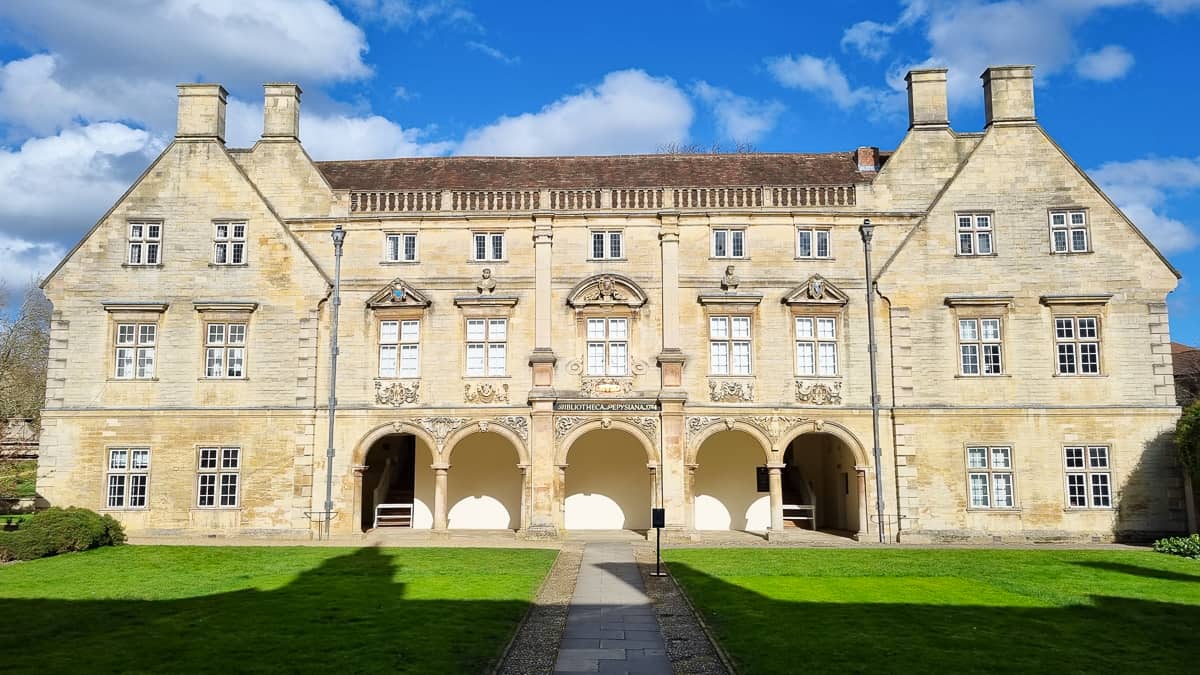
Experience life as a Cambridge University undergraduate
All participants will be allocated to a college a few weeks before arriving, based on their dates and subject choice.
If you would like to stay in the same location as a friend/sibling – please let us know and we will do our best to arrange this, where possible.
Males and females have separate accommodation in every college, and there is wi-fi available throughout.
For more information, please visit this page.
Student Welfare & Safety
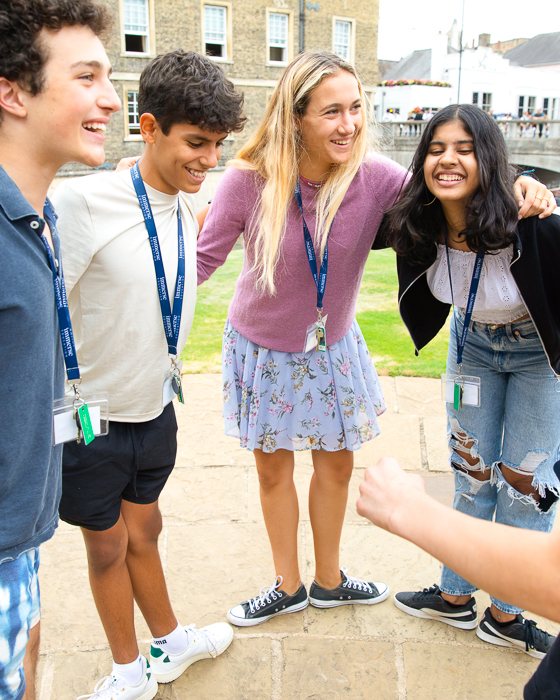
An accredited provider of academic short courses
Immerse Education is accredited by the British Accreditation Council (BAC), the leading mark of educational quality for the academic sector. Our accreditation with the BAC sends a positive and clear message to students and partners that they are studying with a trusted and reliable provider who has met a series of globally recognised quality assurance standards, both in terms of academic provision and student welfare.
The safety and well-being of our participants is our number one priority, and all staff undergo enhanced background checks and receive thorough safeguarding training before interacting with any students.
For more information, please visit our Pastoral Information page.
Meet some of our mentors and
college managers
-
FreyaFreya is a third year Medical student at St John's College, Oxford University. She is a keen runner and cyclist and has recently enjoyed taking up college rowing.
-
JemMentor
-
Lily-MaeMentor
-
PoppyMentor
-
SophieMentor
Immerse™ Medicine Sample Modules
-
Module 1 - Medical Research And Science Communication
The increased longevity of humans over the past century can be significantly attributed to advances resulting from medical research. Major benefits have included vaccines for measles and polio, insulin treatment for diabetes, classes of antibiotics for treating a host of illnesses, and new surgical techniques such as microsurgery. But how are these discoveries made, and who makes them? Scientific research is a process of small steps, occurring over years or decades, costing millions, and requiring painstaking work undertaken by vast teams of scientists and clinicians. Spanning various disciplines, in this topic, you will focus on the principles and methods of medical research, in particular the journey of lab bench discoveries to the patient bedside, clinical trials, and careers in medical research. You will also cover the importance of communicating scientific and medical research to the community, as well as the pros and cons of each method of communication. -
Module 2 - General Anatomy And Physiology
The human body is a finely tuned and complex machine. Its study can be traced as far back as the embalming of the Pharaohs of Ancient Egypt! Our understanding of anatomy has greatly increased since the development of novel technologies, allowing us to uncover the organs’ microstructures, but scientists across the globe are still focused on uncovering its secrets. Anatomy and physiology are the sciences behind the structures of the body and their functions. In this topic you will explore the different systems of the human body (skeletal, muscular, digestive, respiratory etc) and how they're connected, in order to provide an overview of the human body as a whole. You'll then explore the key systems in-depth, looking at the characteristics and micro anatomical features of several organs through dissection. -
Module 3 - Genetics and Epigen
In the 60+ years after the discovery of DNA’s structure, there has been astonishing progress in our understanding of gene function and variability. Genes are a segment of DNA passed down from parents with certain traits to their children. Genes are organised and packaged in units called “chromosomes". After going over chromosomes’ structure, you will first focus on understanding the replication, transcription and translation of DNA, from nucleic acid to protein synthesis. You will also explore the role of the environment on genetics. Finally, you'll consider the most recent breakthrough in genetic engineering, CRISPR gene editing, a tool which allows virtually unlimited editing of the genome of any species! -
Module 4 - Science Conference
You will partake in a mini-science conference where you'll present a research topic assigned earlier in the week. You will be encouraged to view each other’s work critically, ask follow-up questions and engage with the subject matter.
Request syllabus overview
Request syllabus overview
-
7th – 20th July 2024
-
21st July – 3rd August 2024
-
4th August – 17th August 2024


